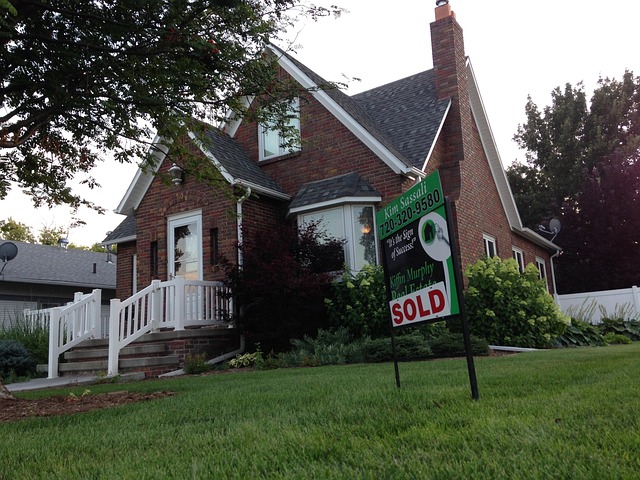Mold significantly impacts a home's resale value and can cause structural damage, raise health concerns, and prompt costly repairs, all of which deter potential buyers and delay sales. Mortgage lenders view mold as a risk, requiring specialized inspections and increasing remediation costs. To mitigate these issues, homeowners and sellers should proactively inspect areas prone to moisture buildup, implement preventive measures like improved ventilation, and communicate transparently about past or current mold problems. Professional inspections can identify hidden mold and help maintain the property's demand, reducing future mortgage complications related to mold.
Mold can significantly impact a home’s resale value, causing concern among potential buyers. This article delves into the hidden costs associated with mortgage issues stemming from hidden mold problems. Understanding the extent of mold’s effect on property value is crucial for both sellers and buyers. We’ll explore comprehensive strategies to mitigate mold risks, ensuring maximum property value retention. By the end, you’ll be equipped with insights to navigate potential mortgage complications due to mold.
- Understanding the Impact of Mold on Home Resale Value
- Mortgage Issues and Hidden Costs: A Comprehensive Look
- Mitigating Mold Risks for Maximum Property Value
Understanding the Impact of Mold on Home Resale Value

Understanding the Impact of Mold on Home Resale Value
Mold, a common yet unsettling presence in many homes, can significantly affect a property’s resale value. Mortgage lenders and potential homebuyers alike are increasingly aware of the detrimental effects of mold, which can lead to complex issues. When mold grows unseen behind walls or under flooring, it may cause structural damage over time, leading to costly repairs that buyers often view as red flags. Moreover, concerns about health risks associated with mold exposure can deter interested purchasers, especially those with allergies or respiratory conditions.
The presence of mold can also trigger mortgage issues due to increased risk perception by lenders. Lenders may require specialized inspections and demand extensive remediation before approving a mortgage for a property with a history of mold problems. These additional requirements can delay the sales process and place a financial burden on sellers, further impacting the overall resale value. As such, addressing mold issues promptly and effectively is crucial for both homeowners looking to sell and lenders assessing investment risks.
Mortgage Issues and Hidden Costs: A Comprehensive Look

When buying a home, mortgage lenders rigorously assess the property’s value and condition. Mold, especially hidden or extensive, can significantly impact both. Mortgage issues due to mold are a common concern for homebuyers and sellers alike. Lenders often require specialized inspections to identify any signs of water damage or mold growth, as these issues can lead to structural problems and health risks.
Hidden mold costs can be substantial. Remediation efforts may include extensive cleaning, replacing affected materials, and even structural repairs. These expenses, on top of the initial purchase price, can strain budgets and delay mortgage approvals. Sellers must address mold issues proactively to avoid potential deal-breakers and ensure a smooth sales process.
Mitigating Mold Risks for Maximum Property Value

Mold can significantly impact a home’s resale value, often leading to potential mortgage issues. To mitigate these risks and maximize property value, homeowners and sellers should take proactive steps. Regularly inspecting and addressing areas prone to moisture buildup is key, as mold thrives in humid environments. This includes basements, bathrooms, and kitchens. Implementing preventive measures such as improving ventilation, using dehumidifiers, and repairing any leaks can create an uninviting environment for mold growth.
Additionally, transparent communication about past or current mold issues is crucial during the sales process. Concealing these problems could lead to legal complications and further decrease the property’s value. Sellers should consider professional inspections that identify potential mold hotspots, allowing them to address these concerns upfront. By taking these proactive steps, homeowners can ensure their property remains in high demand, attracting buyers who are less likely to face mortgage issues related to mold later on.














